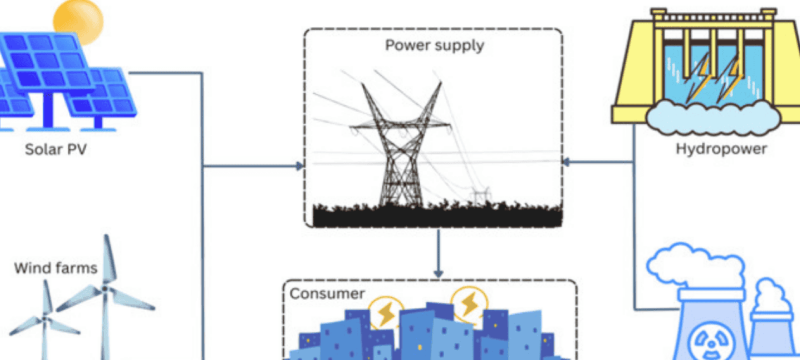Experts at a consultative dialogue stressed that Pakistan’s power sector planning must be more inclusive, transparent, and people-focused. They highlighted that the recently introduced drafts of the Indicative Generation Capacity Expansion Plan (IGCEP) and Transmission System Expansion Plan (TSEP) 2025-35 should reflect the needs of all federating units.
The dialogue, titled “Critical Analysis of IGCEP and TSEP 2025-35: Inclusive Planning for a Just Energy Transition”, was organized by the Pakistan Renewable Energy Coalition (PREC) and the Alliance for Climate Justice and Clean Energy (ACJCE). It brought together government officials, policymakers, civil society representatives, researchers, industry experts, and investors.
Dr. Fiaz Chaudhry, Chairman of the National Grid Company, said that while IGCEP 2025 is not perfect, it marks progress in Pakistan’s power sector planning. He explained that least-cost principles could save around $17 billion compared to earlier projections. He also assured that stakeholder feedback would be considered before finalizing the plan.
Zeeshan Ashfaq, CEO of Renewables First, noted that IGCEP’s structured process is an improvement over past ad-hoc approaches. However, he said some versions ignored the least-cost criterion, though the number of such projects has declined over time.
Badar Alam, CEO of PRIED, stressed that electricity planning should not be restricted to “closed offices in Islamabad.” He said Pakistan’s power sector planning should prioritize people’s rights, equity, and affordability.
Other speakers, including experts from SDPI and the Alternative Law Collective, criticized IGCEP for relying heavily on top-down models, ignoring rooftop solarization, electric vehicle projections, and climate-related risks. They also warned that over-reliance on hydropower and neglect of distributed generation could create financial, legal, and environmental challenges.
Participants concluded that effective power sector development requires inclusivity, transparency, and climate sensitivity. They emphasized that Pakistan’s power sector planning must balance economic goals with social equity and sustainability to ensure a just energy transition.
In other news read more about: Experts Urge Govt to Invest Heavily in IT Parks Across Pakistan







